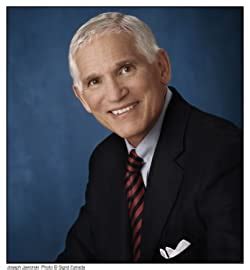A Quote by Elizabeth Thornton
We all have mental models: the lens through which we see the world that drive our responses to everything we experience. Being aware of your mental models is key to being objective.
Related Quotes
When we are fully conscious and aware, we actually know when we are about to overreact. When we are mindful, we have the mental space and are aware of when our moods change. When we are mindful, we are aware of when our mental models are being challenged and when expectation does not meet with reality, which can trigger an emotional response.
The key to transforming mental models is to interrupt the automatic responses that are driven by the old model and respond differently based on the new model. Each time you are able to do this, you are actually loosening the old circuit and creating new neural connections in your brain, often referred to as self-directed neuroplasticity.
One of the things we need to do is address mental health care as an integral part of primary care. People often aren't able to navigate a separate system, so you see successful models where a primary care physician is able to identify, diagnose, and concurrently help people get mental health treatment who have mental health issues.































